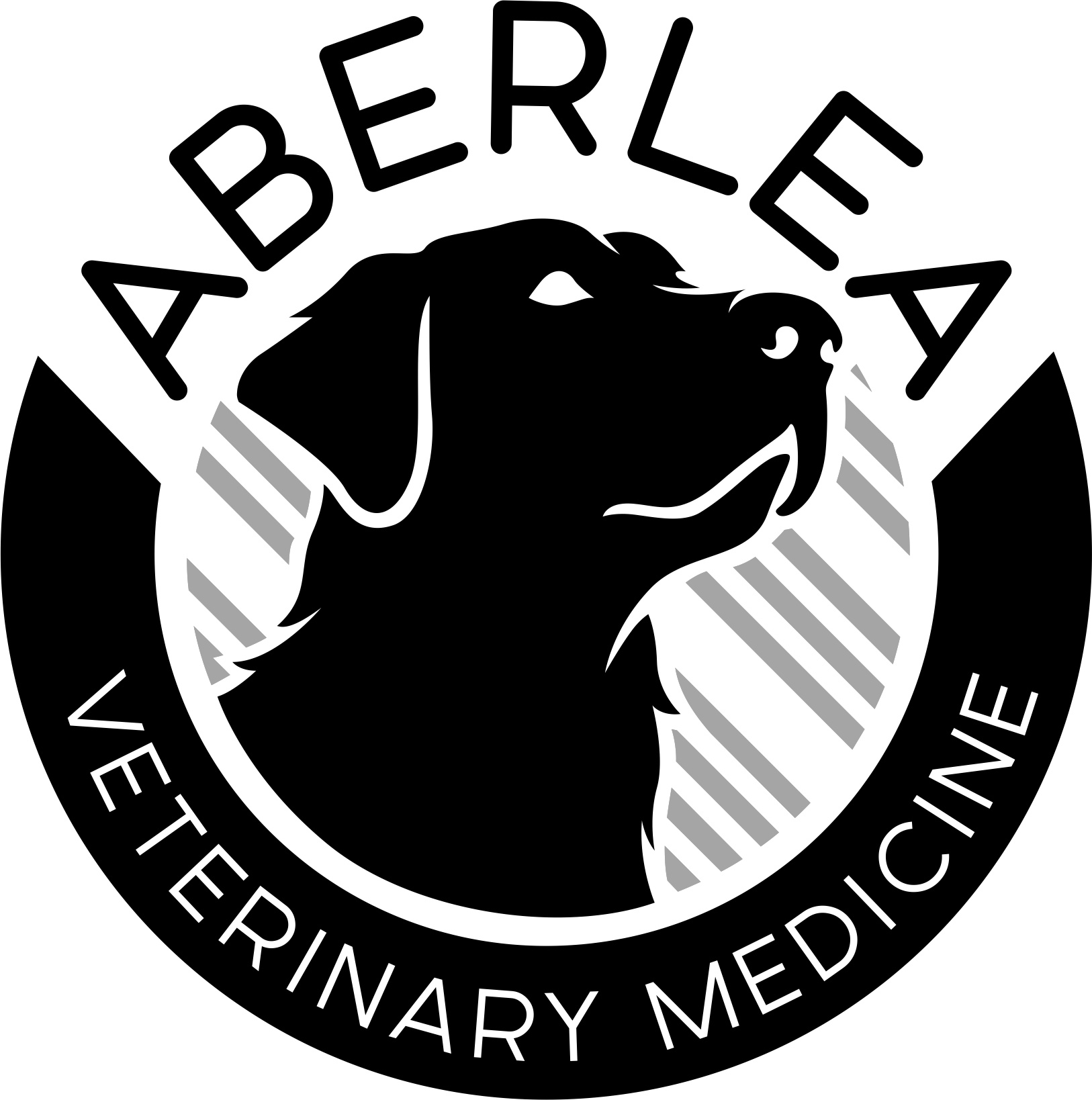Theory: If we as veterinarians can advocate for three very practical, reasonably cost-effective, and logistically easy endeavors for dogs and cats, we will effectively make the greatest impact we can on our patients’ lives, our owner’s hearts, and our own well-being.
Those three things are what I call the three P’s Parasites, Pounds, and Plaque!!! We can do this!
Parasites: This is the toughest of our three P’s to combat because it’s a moving target. Parasites today are different than they were in the 80’s and will be different in the future BUT…we are fortunate to live in a time when there are easy and (as importantly) effective products to prevent some of the worst communicable diseases your dog or cat faces. Heartworms tunneling around in your pet’s chest, fleas and ticks carrying diseases that have caused things with names like The Black Plague, Lyme Disease, and Alphagal; eh… doesn’t sound too appealing. From annoying to absolutely life-threatening, our furry buds don’t deserve this stuff. But the aforementioned products only work if you give em (and give em when you’re supposed to). So my promise is that I’ll advocate for your pet to be on parasite prevention that science bears out is safe, effective, and you will still make next month’s mortgage payment.
Pounds: Easily the one of our three P’s that is most self-inflicted. The bottom line is that overweight dogs (and extrapolated to cats) live shorter lives on average. In dogs a study found this was true by an average of 1.8 years comparing ideal weight dogs to dogs only moderately overweight. That makes me ponder- what about the flat-out obese patients I see? Is the relationship linear or is it exponential, maybe? Smarter people than I could probably say, but keeping your pet lean should be one of the easiest things you can do, and that I can advocate for. Other things associated with being overweight include: osteoarthritis, airway/breathing problems, worsening of unseen diseases, and intervertebral disk disease.
Now if those facts around obesity don’t move the needle, I’m gonna take you in the trenches for a minute into my SECOND least favorite convo around the end of life with my patients: it centers around an aging pet who can’t get around anymore, and his/her mobility has been obviously compounded by being overweight. Oh, how I wish I could go back in time and be more assertive that “The pounds really have gotta come off!” Or better yet, “Let’s work together so that those pounds never get on your pet’s skeleton to start.” Again, my commitment to you is to advocate for your pet’s waistline.
Plaque: If obesity at the end of life is my least favorite convo, my FIRST has to be around poor dental health. Dental disease is a perfectly preventable problem. And seeing a pet having trouble eating, enjoying life less, and unfortunately being less enjoyable to be around due to foul breath breaks my heart the most. I observed in the military that the dog’s responsible for national security received standardized (cause it’ the military) regular preventive oral care. By addressing this regularly (yearly), at minimum we get an oral exam that simply isn’t doable while your pet is awake, even if it’s the sweetest boy/girl on Earth. Broken teeth, oral tumors, gum disease, sticks your dog has chewed on all can be caught and managed earlier if we address it earlier and regularly. Of course, we also get the opportunity to clean and polish all those teeth and keep your pet dental-pain free for more years. In my opinion, dental health is the largest opportunity to get ahead and avoid “chasing problems from behind” in your pet’s life. It doesn’t get more permanent than removing a diseased tooth, and repairing the damage afterwards is difficult and needless if we are proactive.
There’s my theory. Three easy tenants that add value to your furry friends’ lives. I’ll advocate for them, work diligently to add clarity for you, and together we will have an impact. We can do this!
Thanks for reading.
Dr. Lane

